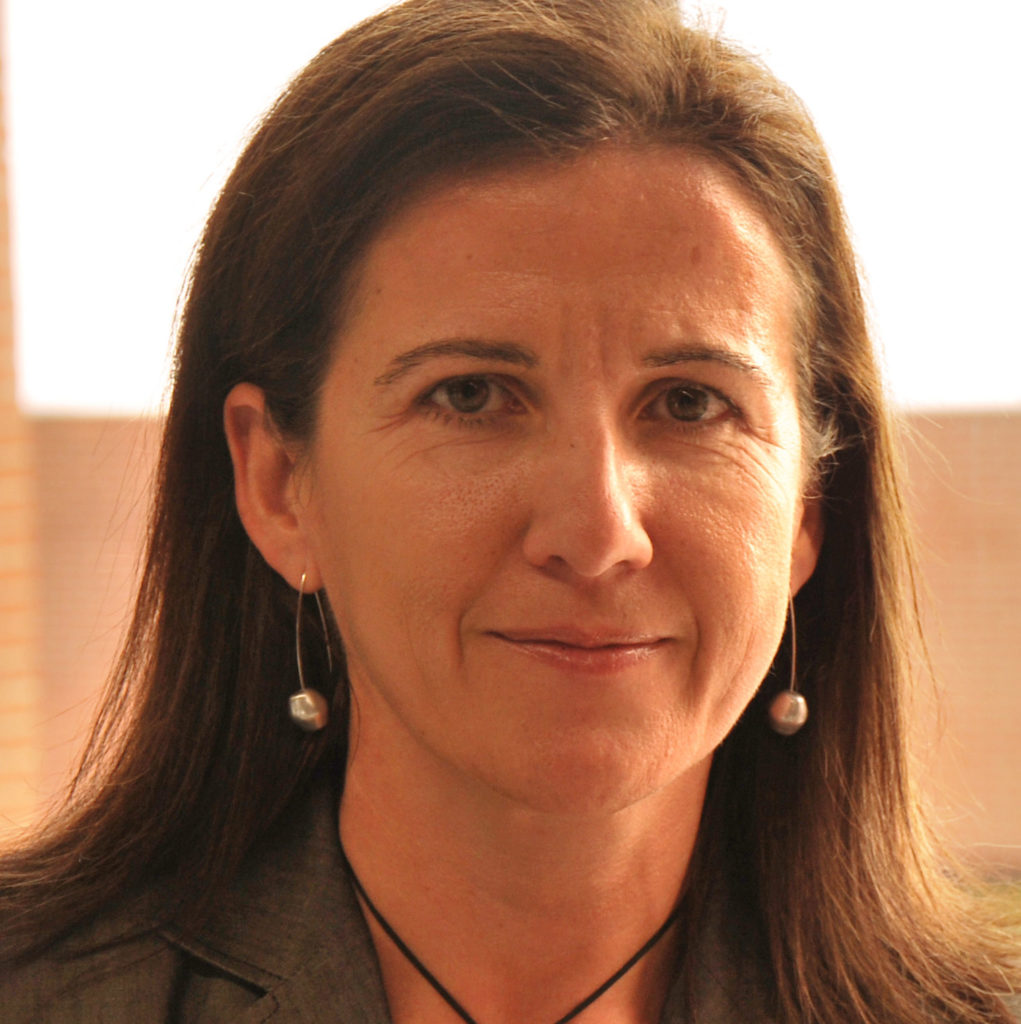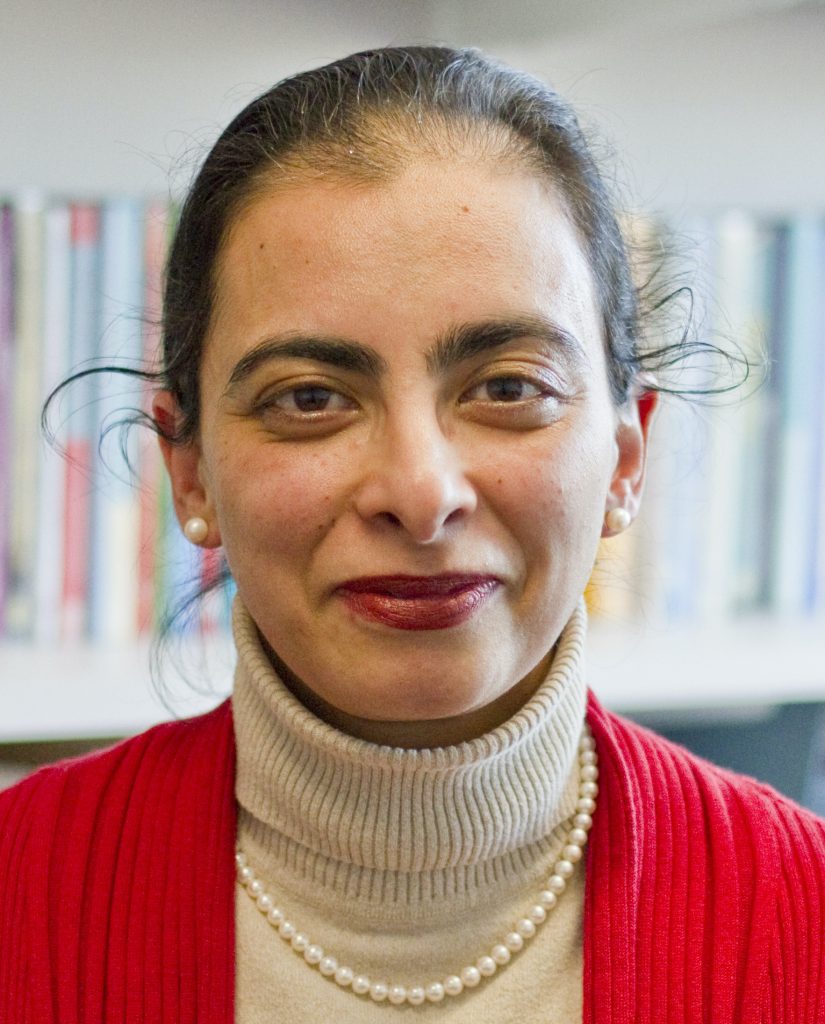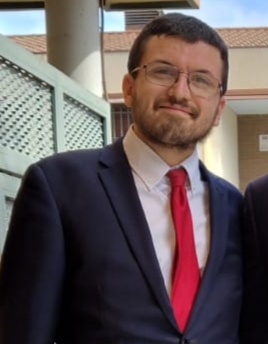Hatred on Religious Grounds and the Risk of Double Standards

Montserrat Gas-Aixendri is a full professor of law and religion at Universitat Internacional de Catalunya (Barcelona, Spain).
In the January 2024 report Hatred on the Basis of Religion or Belief, the UN Special Rapporteur on freedom of religion or belief Nazila Ghanea urges stronger actions to tackle hate speech, encouraging dialogue between different faiths and cultures and safeguarding religious groups while respecting human rights. She emphasizes the importance of governments addressing religious-based hatred in a manner consistent with human rights principles to ensure effectiveness. In this vein, the report’s final recommendations urge the enactment of comprehensive laws against discrimination aimed at preventing and combating hatred motivated by religion or beliefs (para. 62(f)).


